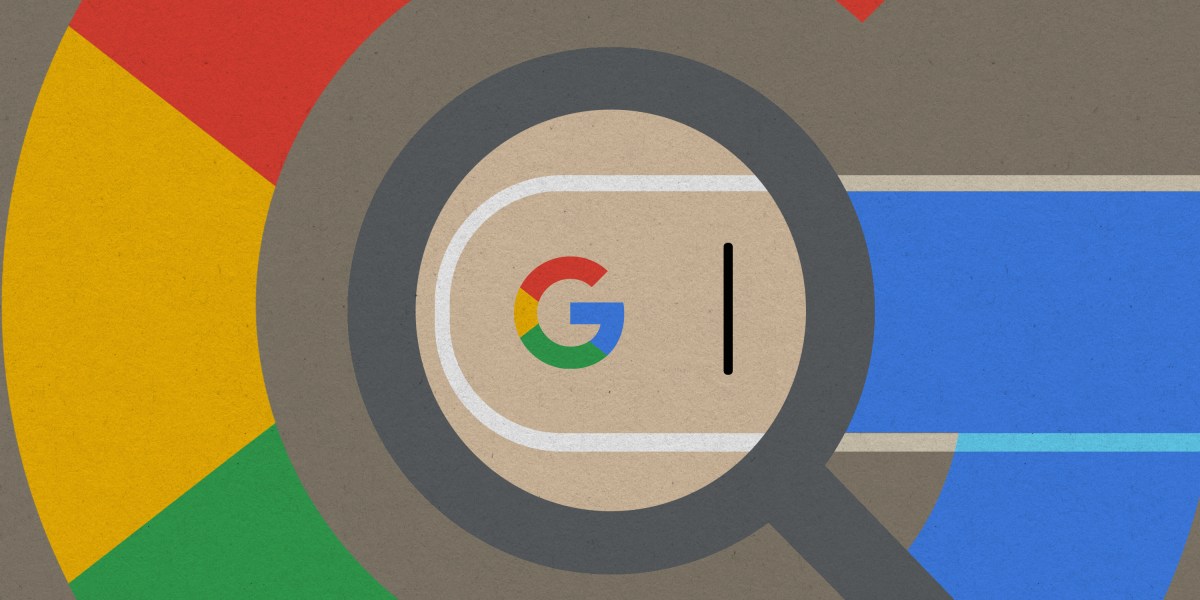Is Google Trying to Keep Up with OpenAI in the Search Space?

Advances in AI: Google’s New Model
On March 5, Google unveiled a new feature called AI Mode. This feature builds upon the capabilities introduced by OpenAI, designed to enhance user interactions within Google’s search functionalities. While prior to this, Google had a feature known as AI Overviews, AI Mode promises a more in-depth experience, showcasing advanced reasoning and multimodal capabilities.
What is AI Mode?
AI Mode functions differently from AI Overviews. Instead of just providing brief summaries with links to other sources, AI Mode intends to deliver more comprehensive responses to user inquiries. The key feature of AI Mode is its ability to handle follow-up questions, allowing users to have a more interactive experience when seeking information. With this evolution in functionality, one might wonder why this advanced feature wasn’t rolled out earlier—especially given its availability now is limited to users with paid accounts and access through the experimental Google Search Labs.
Enhancements to Gemini Chatbot
Another significant update from Google is the introduction of search history to its Gemini chatbot. This feature allows for tailored responses based on user engagement across Google products. According to Google, the integration of personalization means that Gemini can connect to various Google apps and services, providing insights that better address user needs.
These developments suggest that Google is striving to enhance user experience by making its AI systems more responsive and contextually aware. However, comparisons to ChatGPT and other emerging AI tools reveal a challenge for Google in showcasing true innovation.
Comparing Google AI to ChatGPT
Much of what Google has introduced, especially the AI Mode with its ability to go deeper into questions and the personalization from the Gemini chatbot, resembles features that ChatGPT has been offering for some time. For instance, ChatGPT has been adept at building user histories and tailoring interactions based on past conversations. This has raised questions about the originality of Google’s offerings.
While Google’s efforts are commendable, some users note that ChatGPT may simply provide a better overall experience. For example, when asked to summarize user preferences, ChatGPT can deliver nuanced insights tailored specifically to the individual, based on a broader understanding of their interactions. This includes details about their music and movie preferences. A simple request like “What do you know about me?” yields a thoughtful and detailed response.
In contrast, when using Google’s features, the feedback is often more generic. Despite having access to extensive personal data such as emails, search history, and digital photographs, Google’s responses tend to echo what an advertiser might deduce rather than offering personalized insights. This reflects a crucial area for improvement if Google aims to compete effectively in the AI landscape.
The Need for Innovative Features
Both AI Mode and the updated Gemini chatbot have gained attention for expanding capabilities in AI-driven search and interaction. However, they raise a relevant question about innovation in the field. Are these upgrades enough to distinguish Google’s offerings from existing technologies? The technology landscape is rapidly evolving, and users frequently seek out tools that provide not only advanced functionality but also a genuine understanding of their individual needs.
As competition grows among tech giants, how these companies address user expectations for personalization, depth, and interactivity will significantly shape the future of AI in everyday applications.




